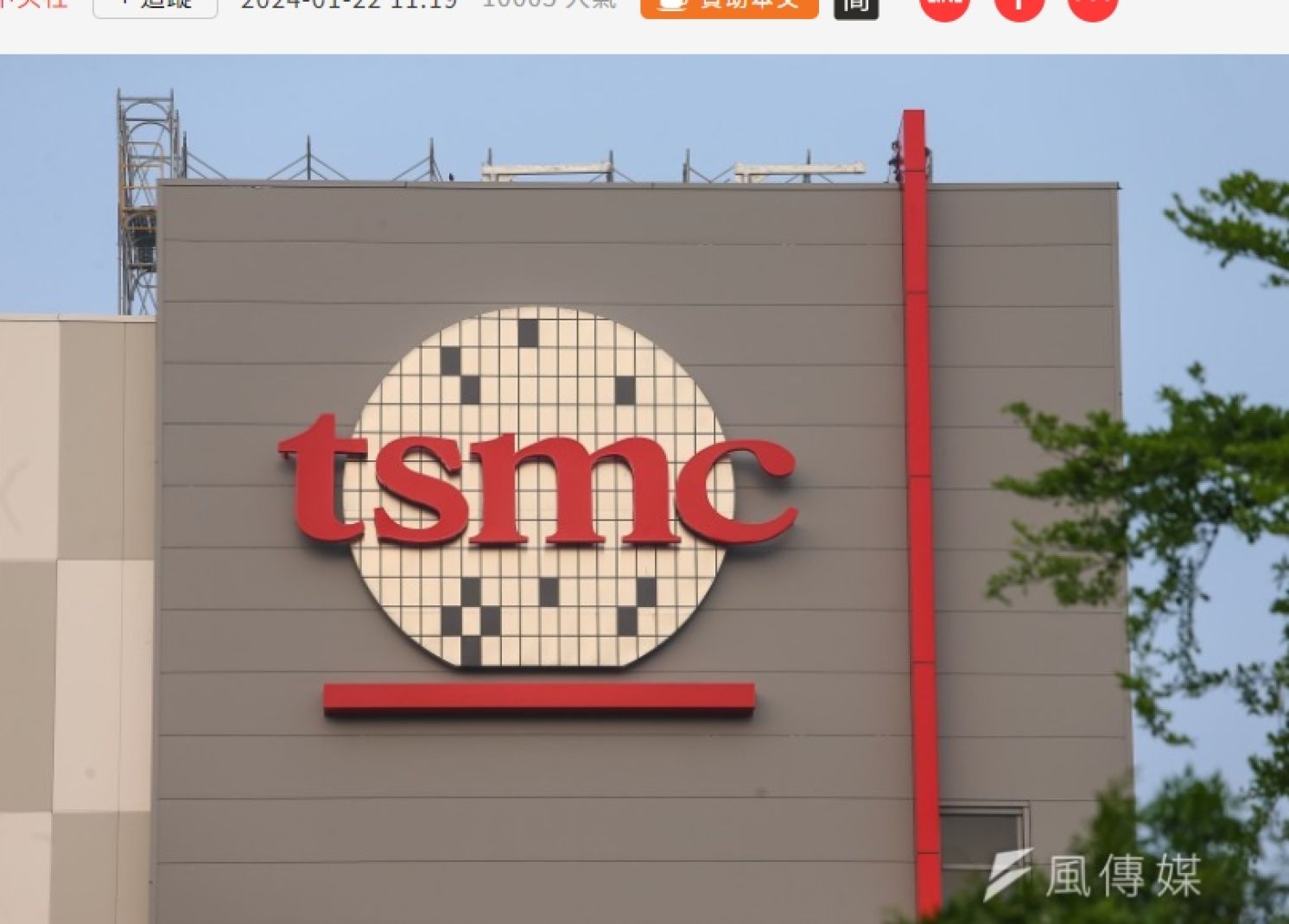
Challenges Behind TSMC's Retaining Advanced Manufacturing Processes in Taiwan
United Daily News, January 21, 2024
After Taiwan’s presidential election, the Taiwan Semiconductor Manufacturing Company (TSMC) announced that it will expand its third 2-nanometer chip fabrication plant in Kaohsiung, suspend the building of a second fab in the United States, and build its 1-nm fab in Chiayi County. It seems that TSMC is not worried about the cross-strait geopolitical tension considered by the international community, instead, TSMC shows its determination to keep the cutting-edge chipmaking technology in Taiwan.
TSMC’s decision shows to the global chip companies that if they want the most cost-effective and most advanced contract chipmaker, they must come to Taiwan. TSMC also signals to Samsung and Intel that it owns the most complete contract chipmaking ecosystem (including the supply chain of equipment, materials, and advanced sealing process). With the policy support of the government, there is no way anyone could shake TSMC’s status as the world’s top contract chipmaker.
Nevertheless, there are several obstacles to TSMC’s future 1-nm fab in Chiayi Science Park:
First, Democratic Progressive Party (DPP) will govern for the next four years. Cross-strait relations have been in a stalemate in the past eight years under the DPP administration. After Mr. William Lai assumes the presidency, cross-strait tensions may escalate. Once the geopolitical risk increases, TSMC may concentrate its advanced chipmaking process in Taiwan, and the challenges and external concerns it faces may rise. Whether TSMC can keep its promise of keeping the most advanced chipmaking process in Taiwan remains to be seen.
Additionally, it is undecided whether TSMC will continue to use the Nanosheet technology or shift to CFET technology. Because the two processes use totally different equipment in chipmaking, it will have a huge impact on TSMC’s capital investment.
Questions on whether central and local governments’ water and electricity supply and environmental evaluation can meet TSMC’s 1-nm fab schedule in time are also indeterminate. However, one can extrapolate the answers from TSMC’s decisions to expand its fab in Kaohsiung and build its 1-nm fab in Chiayi. After all, in terms of location, besides factors that can be decided by TSMC, it must consider locations that have fewer variables. Despite the fact that many cities or counties have welcomed TSMC to build fabs, TSMC must try to avoid policy interferences and even need administrative assistance from the central government. All conditions being equal, it is the safest option to build fabs in cities or counties governed by the DPP.
Furthermore, the lack of talent in Taiwan’s semiconductor manufacturing industry is even more arduous in the areas of advanced chipmaking and sealing. This will also be the biggest difficulty faced by TSMC in its fab expansion in Kaohsiung and building of fab in Chiayi.
For big international equipment companies, if after careful calculations, TSMC decides to continue using Nanosheet and not complementary CFET process for making 1-nm chips, then TSMC’s capital expenditures on procuring equipment will decrease year after year. Fortunately, with the big wave of artificial intelligence (AI), TSMC still gets the most benefits. Now TSMC is actively expanding its operations, but whether TSMC will have big changes in its procurement strategy necessitates close observation.